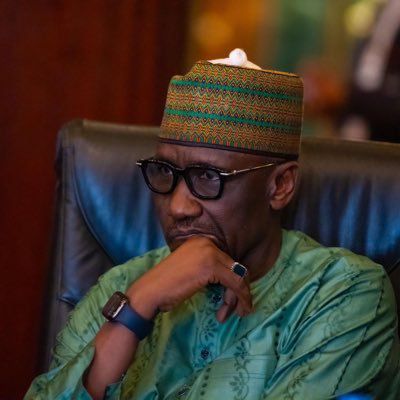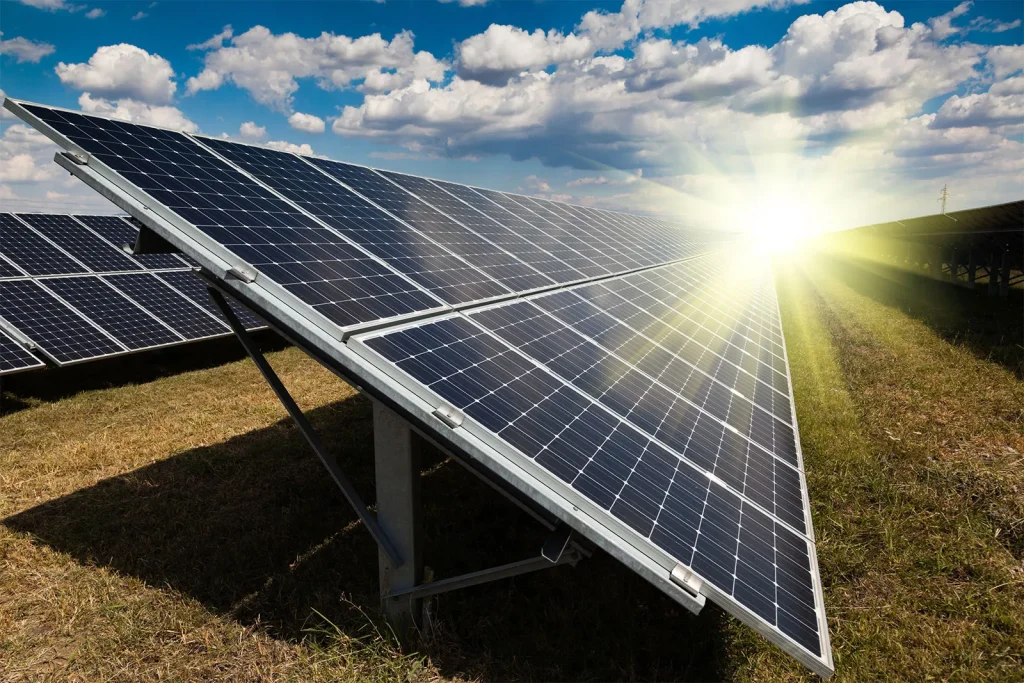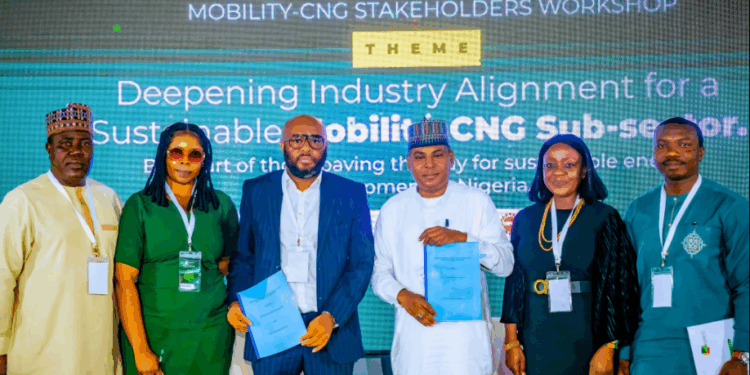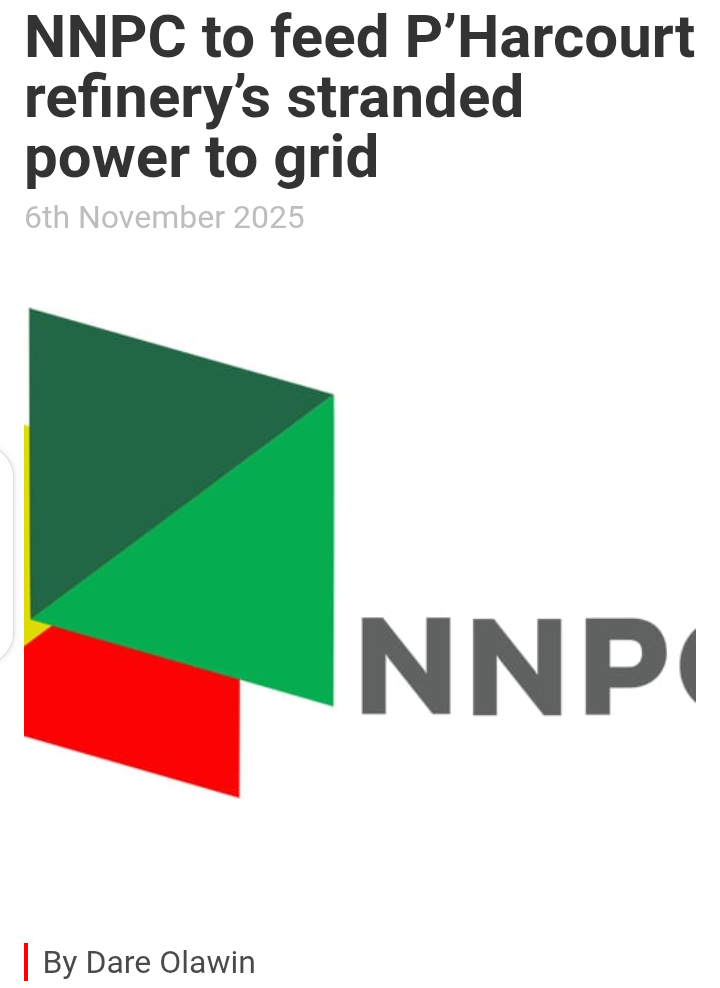FG, Morocco, ECOWAS drive $26bn African gas pipeline initiative

The Federal Government, along with the Economic Community of West African States (ECOWAS), Morocco, and Mauritania, has reaffirmed its dedication to advancing the African Atlantic Gas Pipeline (AAGP) project.
During a recent ECOWAS Inter-Ministerial Meeting focused on the Nigeria-Morocco Gas Pipeline Project, officials from the participating countries discussed collaborative efforts to propel this initiative, which aims to connect at least 13 nations and stimulate regional economic development.
The meeting took place on Friday in Abuja and was attended by ECOWAS Ministers of Hydrocarbons and Energy, along with representatives from Morocco and Mauritania.
The Nigeria-Morocco Gas Pipeline Project (NMGP) originated from a visit by King Mohammed VI of Morocco to Nigeria in December 2016 and is a joint effort between the Federal Government and Morocco.
The AAGP, estimated to cost $26 billion, combines two major pipeline initiatives: the $975 million West African Gas Pipeline Extension Project, which spans 678 kilometers, and the 5,669-kilometer Nigeria-Morocco Gas Pipeline Project, projected to be around $25 billion.
The project aims to monetize Nigeria’s substantial natural gas resources, generating additional revenue, diversifying export routes, and reducing gas flaring. It will also facilitate gas supplies to Morocco, 13 ECOWAS countries, and Europe, fostering economic integration in the sub-region.
The pipeline will stretch 5,300 kilometers from Nigeria to Dakhla in Morocco, with an additional 1,700 kilometers of onshore pipeline to Northern Morocco.
The main purpose of Friday’s meeting was to present updated community texts to the ministers responsible for hydrocarbons and to provide a status report on the project’s overall progress, which is essential for ensuring the involvement of all member states in its development.
Mele Kyari, Group Chief Executive Officer of the Nigerian National Petroleum Company Limited (NNPCL), emphasized the significance of the decisions made at the meeting, which will influence the future of the AAGP.
Represented by Olalekan Ogunleye, NNPC’s Executive Vice President for Gas Power & New Energy, Kyari highlighted that the project should positively impact the region’s economies and the lives of its people.
Ogunleye stated, “Today, we meet to make meaningful strides in what could be the largest project in Africa, a transformative initiative that aims to connect at least 13 nations in a spirit of shared prosperity and development.”
He noted that significant advancements have been made, including the completion of the front-end engineering design and ongoing work on environmental assessments and land acquisition.
He added that NNPCL is well-equipped to drive the project forward, leveraging its experience in gas production, processing, transmission, and marketing.
Minister of State for Petroleum Resources (Gas), Ekperikpe Ekpo, underscored the project’s potential to transform the energy landscape and boost economies across ECOWAS nations.
He stated, “We are at a pivotal moment where these draft agreements can reshape our energy future, enhance economic collaboration, and provide crucial access to natural gas across West Africa.”
Morocco’s Minister of Energy Transition and Sustainable Development, Laila Benali, expressed optimism about the project’s ability to unlock new markets and create jobs.
ECOWAS Commissioner for Infrastructure, Energy, and Digitalization, Sediko Douka, stressed the necessity of cooperation among all stakeholders, saying, “We are at a critical juncture, and it is essential for all parties to collaborate effectively to bring this project to completion.”
Reports from the meeting indicate that significant agreements, including the Intergovernmental Agreement and the Host Government Agreement for the AAGP, were advanced, reflecting a shared vision for a resilient and interconnected energy future for Africa.





Responses